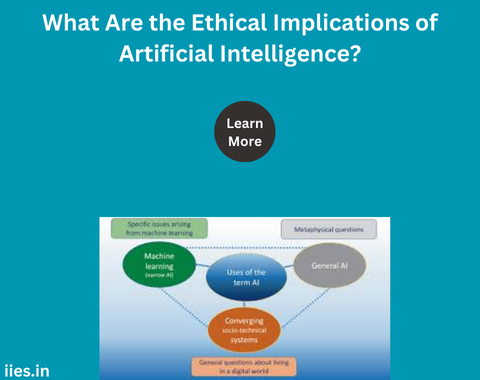1. Privacy and Surveillance
One of the most significant ethical concerns surrounding AI is privacy. AI systems often rely on large datasets, which may include sensitive personal information. The collection, storage, and analysis of this data can lead to breaches of privacy. For instance, facial recognition technology can track individuals without their consent, leading to intrusive surveillance. This raises questions about the extent to which individuals’ privacy should be sacrificed for the sake of technological advancement.
2. Bias and Discrimination
AI systems are only as good as the data they are trained on. If the training data contains biases, the AI system will likely perpetuate and even exacerbate these biases. This can lead to discriminatory practices in areas such as hiring, law enforcement, and lending. For example, an AI recruiting tool might favor male candidates over female ones if it is trained on biased historical hiring data. Ensuring fairness and mitigating bias in AI requires deliberate efforts in designing and training these systems.
3. Accountability and Transparency
As AI systems become more complex, understanding their decision-making processes becomes increasingly challenging. This lack of transparency can make it difficult to hold these systems accountable for their actions. When an AI system makes a critical error, such as a misdiagnosis in a medical application or a wrongful arrest in law enforcement, determining responsibility becomes a complex issue. Clear frameworks for accountability and transparency are essential to address this challenge.
4. Autonomy and Control
AI systems, particularly those with advanced capabilities like autonomous vehicles or military drones, pose ethical questions about autonomy and control. Who is responsible for the decisions made by an autonomous system? How much control should humans retain over these systems? Striking a balance between leveraging the benefits of autonomous AI and ensuring human oversight is crucial to prevent potential harm and misuse.
5. Employment and Economic Impact
The rise of AI and automation has sparked concerns about job displacement and economic inequality. While AI can increase productivity and create new job opportunities, it can also render certain jobs obsolete. Workers in industries susceptible to automation may face unemployment or require significant retraining. Policymakers and industry leaders must consider strategies to manage the transition and support affected workers to ensure a fair distribution of AI’s economic benefits.
6. Ethical Use of AI in Warfare
The application of AI in military contexts raises profound ethical questions. Autonomous weapons systems, capable of making life-and-death decisions without human intervention, challenge existing norms of warfare and accountability. The potential for AI-driven arms races and the development of lethal autonomous weapons necessitates international cooperation and the establishment of ethical guidelines to govern the use of AI in conflict.
7. Impact on Social Relationships
AI’s integration into daily life can impact social relationships and human interactions. Virtual assistants, social robots, and AI-driven communication tools can alter how people connect and communicate. While these technologies can enhance accessibility and convenience, they may also lead to decreased face-to-face interactions and an overreliance on machines for companionship and support, potentially affecting mental health and social well-being.

